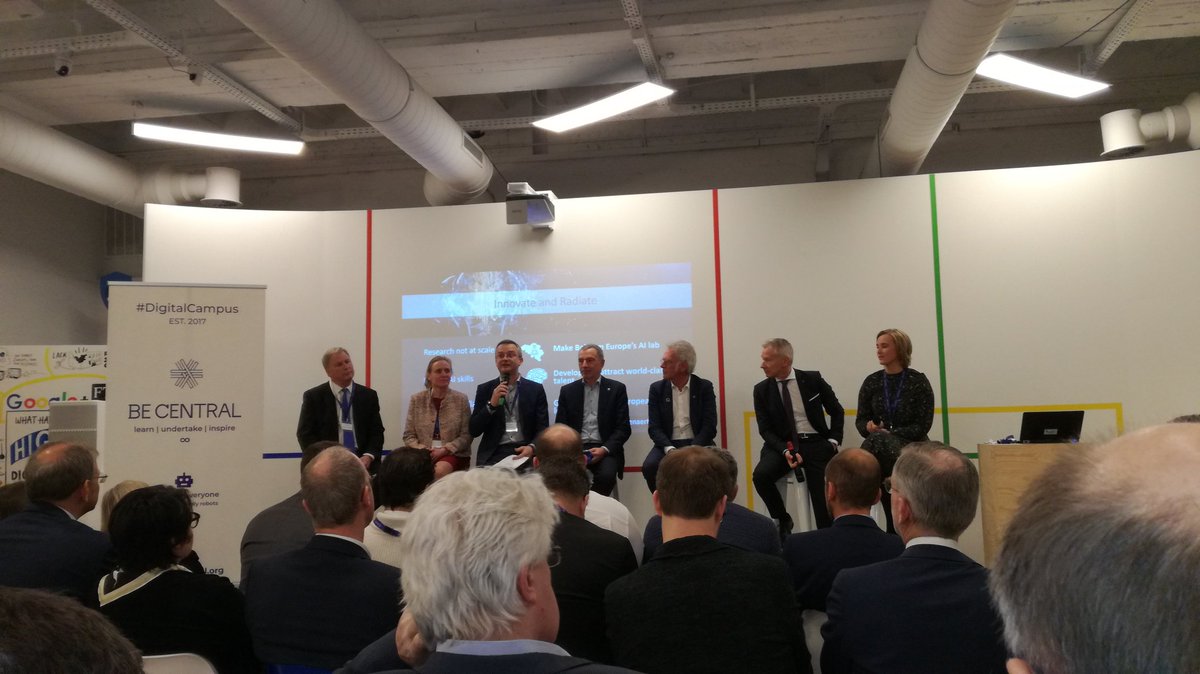Title:
“Dealing with noisy phenotypes to build more robust predictors of drug response in cancer”
By:
Dr. Benjamin Haibe-Kains
When:
Tuesday 10th December, at 15.00
Where:
Université libre de Bruxelles,
Campus de la Plaine (http://www.ulb.ac.be/campus/plaine/plan.html),
NO Building, 8th Floor, NO8.08, Rotule room (http://www.ulb.ac.be/campus/plaine/plan-NO.html),
Boulevard du Triomphe,
1050 Bruxelles, Belgium.
Abstract:
One of the main challenges in precision oncology consists of developing predictors of drug response to select the most beneficial therapy for each individual patient. In this context, preclinical models are crucial to study the association between molecular features of tumor cells and response to chemical perturbations. However, only few predictors have been successfully translated to clinical settings. Such a low success rate is due not only to the complexity of the mechanisms underlying anticancer drug response, but also to the lack of robustness of the predictors developed in preclinical settings (i.e., using patient-derived tumor models like immortalized cancer cell lines). To address this issue we developed PharmacoGx, a computational platform enabling meta-analysis of large-scale drug screenings of in vitro and in vivo model systems, and PharmacoDB (pharmacodb.ca), a web-application enabling quick access to a large compendium of pharmacogenomics datasets. In this presentation I will show how we used our new platforms to develop univariate and multivariate predictors of drug response in the presence of high levels of phenotypic noise to generate candidate companion diagnostics that can be considered for testing in future clinical trials.
Biography:
Dr. Benjamin Haibe-Kains is a Senior Scientist at the Princess Margaret Cancer Centre (PM), University Health Network, and Associate Professor in the Medical Biophysics department of the University of Toronto. Dr. Haibe-Kains earned his PhD in Bioinformatics at the Université Libre de Bruxelles (Belgium). Supported by a Fulbright Award, he did his postdoctoral fellowship at the Dana-Farber Cancer Institute and Harvard School of Public Health (USA).
He started his own laboratory at the Institut de Recherches Cliniques de Montréal (Canada) and moved to PM in November 2013. Dr. Haibe-Kains’ research focuses on the integration of high-throughput data from various sources to simultaneously analyze multiple facets of carcinogenesis. In particular, Dr. Haibe-Kains and his team are analyzing radiological and (pharmaco)genomic datasets to develop new prognostic and predictive models and to discover new therapeutic strategies with the aim to significantly improve disease management. Dr. Haibe-Kains’ main scientific contributions include several prognostic gene signatures in breast cancer, subtype classification models for ovarian and breast cancers, genomic predictors of drug response in cancer cell lines, and radiomic prognostic models in head-and-neck cancers.







